The Karma Mimamsa
Synopsis
The six systems of Hindu philosophy Karma-Mimamsa, Uttara-Mimamsa, Sankhya, Yoga, Vaiseshika, Nyaya-are grouped into three pairs due to their close affinity. The first two are basically expositions than philosophies. Each is called a Mimamsa which means investigation or critical interpretation. The Karma-Mimamsa, as codified by Jaimini, consists of a large number of aphorisms, usually accompanied by comments, which provide authoritative solutions to problems arising from the interpretation and observance of every injunction covered by the Srauta and Grihya sutras governing sacrificial rites. Gradual discussions on the validity of knowledge and its diverse forms crept inside the main body. Most of the commentaries, save that of Sabarasvamin's Bhasya, went into disuse. This Bhasya was expounded by two renowned scholars Prabhakara known as the Guru and Kumarila called Bhatta. The former's work Brihati is a pure elucidation, while the latter's Sabarabhasya, divided into three parts Slokavarttika, Tantravarttika and Tupika frequently contradicts Sabara, Salikanatha, a disciple of Prabhakara carried on the tradition of his master. Mandana Misra, also known as Suresvaracharya, wrote several works on Kumarila system. The Karma-Mimamsa denies the existence of God; suggests, rather than asserts, a realistic conception of the world; upholds the doctrine of Karma. In short, it enjoins everyone to do his duty; for this is the way to heaven (Svarga) and infinite bliss (anantya). In this book, A.B. Keith clears the mists of obscurity enveloping the discussions on Karma-Mimamsa and shows how relevant is its exegesis to modern man.
Read more
20.70
18.63
$
23.00 $
Free delivery Wolrdwidе in 10-18 days
Ships in 1-2 days from New Delhi
Membership for 1 Year $35.00
Get it now and save 10%
Get it now and save 10%
BECOME A MEMBER


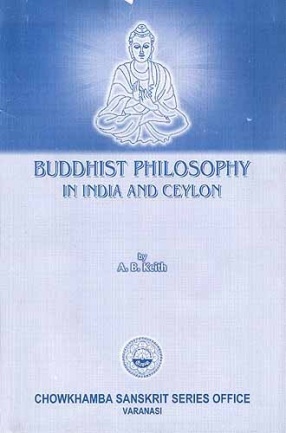
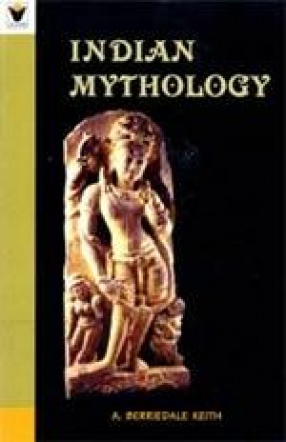
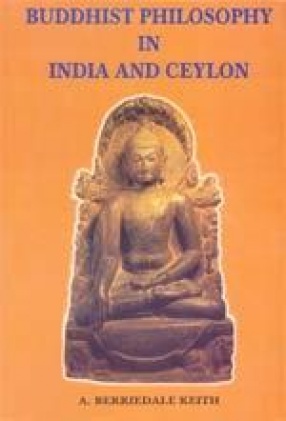
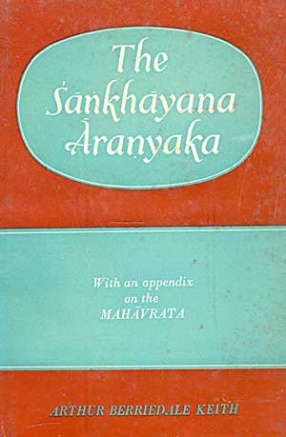
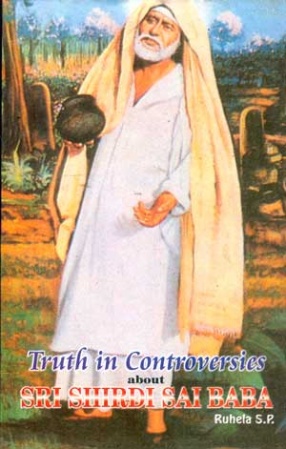


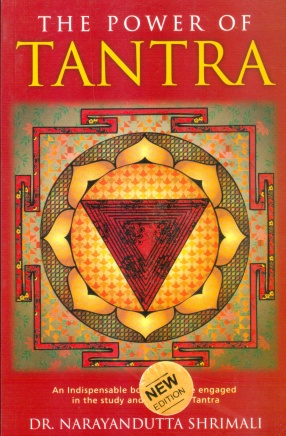

Bibliographic information